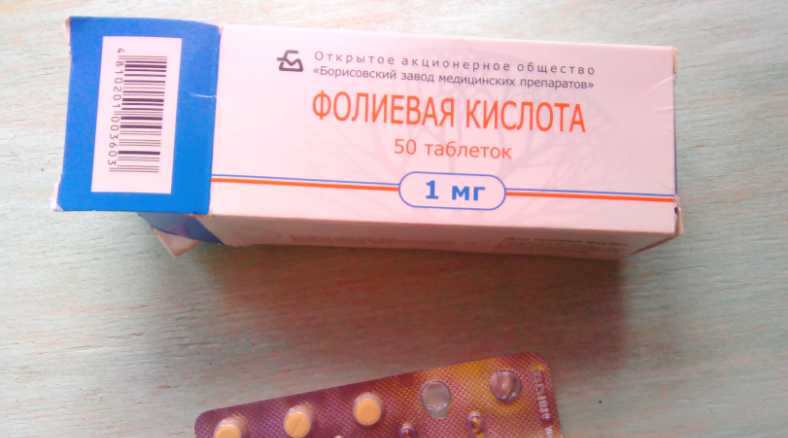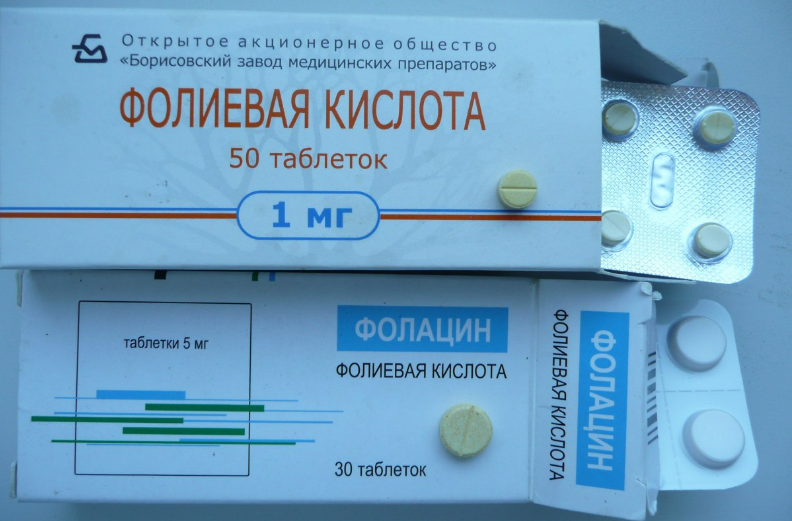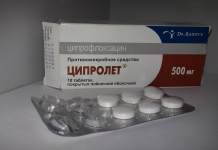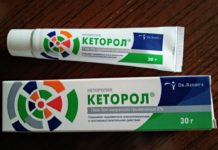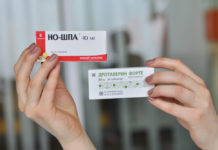The fame of the "vitamin for pregnant women" has long been strengthened behind this substance. It is he who is appointed to expectant mothers to ensure the necessary growth and development of the child in the womb. But few people know that more than 90% of the world's population suffers from a lack of this component, regardless of gender, age and level of affluence. Therefore, doctors recommend eating foods rich in B9. What are these products, and how to take folic acid as a biological supplement?
Material Content:
What is folic acid used for during pregnancy?
In the development of pregnancy, folic acid plays one of the most important roles: it prevents the formation of neural tube defects, congenital malformations of the spinal cord, and fetal circulatory system defects.
Folacin also takes part in the formation of new cells, due to which there is tissue regeneration in the mother's body and active growth of the placenta, without which normal microcirculation of the blood and oxygen supply to the child are impossible.
Even folic acid reduces the risk of spontaneous abortion in the early stages, and also reduces the likelihood of genetic and congenital mutations, such as cleft lip, cleft palate, and mental retardation.
Daily requirement, signs of deficiency and excess
The recommended intake of vitamin B9 in micrograms is:
- 200 - for adults;
- 400 - for men and women who plan to have a child;
- 200 - 800 - in the first trimester of pregnancy (only after the appointment of a doctor);
- 300 - 400 - for nursing mothers;
- 100 - 200 - for children and adolescents, depending on age;
- 40 - 60 - for babies.
In case of a deficiency of this vitamin, specific symptoms may appear in people:
- memory problems
- fatigue,
- insomnia,
- deterioration of the skin and hair,
- frequent colds
- dizziness
- depression,
- anemia,
- gastrointestinal problems
- shortness of breath, shortness of breath.
Long-term use of folic acid, even in large quantities, practically does not have serious consequences, since the excess is very quickly eliminated from the body. For example, 5 mg of pure substance is completely excreted by the kidneys within 5 hours. However, in the presence of diseases of the organs of the excretory system and / or liver, folacin will accumulate in the body, causing side effects: bloating, flatulence, vomiting, sleep disorders, and muscle cramps in people with epilepsy.
How to take vitamin B9, and in what dosage
When planning pregnancy, folic acid is prescribed to both partners a few months before the expected fertilization.
In the future, the dosage can be adjusted by the doctor, depending on the needs of the body of the expectant mother.
Usually one tablet already contains the required amount of active ingredient. Therefore, dragees are taken with food or immediately after a meal, washed down with a sufficient amount of any liquid, with the exception of milk and milk drinks.
Vitamin B9 is sometimes prescribed when taking anticonvulsants, certain types of antibiotics and medicines to treat malaria.
What products contain
Folic acid used to be called “Vitamin Bc,” but in 1941 a decision was made to rename this component. The reason was the isolation of folates from spinach leaves in the laboratory. This is where the current name came from, because in Latin, folium is a leaf.
As you might guess, most of all vitamin b9 is found in greens and green vegetables, in particular, spinach, parsley, all kinds of cabbage, asparagus, green peas, avocados and cucumbers.
A slightly lower concentration of it is present in peanuts, peas, bananas, oranges, liver of domestic animals, yeast and fermented milk products.
It is worth noting that even people who eat good nutrition suffer from a lack of folic acid. The fact is that folates are destroyed very quickly when exposed to sunlight, during prolonged storage and high temperatures. Therefore, a balanced diet can provide a daily vitamin requirement of only 60 - 75%. The remaining volume of B9 should be replenished by taking biological additives.
Drugs that contain folic acid
In pharmacies, you can find many drugs for the prevention and treatment of vitamin deficiency. In addition to the fact that the substance under discussion is traditionally included in the composition of vitamins for pregnant women, folic acid can also be purchased separately.
Here is a list of the most common drugs, indicating the brands and country of manufacture:
- "Folacin", 5 mg - Jadran (Croatia);
- Folic acid, tablets, 1 mg - Borisov Plant (Belarus);
- "Folic acid forte", 5 mg - "Replexpharm" (Macedonia);
- Zdravstiti Folic Acid, 1 mg - Vneshtorg Pharma (Russia);
- “9 months folic acid”, 0.4 mg - “Valentina Pharma” (Russia).
Such a “pleasure” is not too expensive: a package of 30 tablets will cost 45 - 120 rubles.
Contraindications and side effects
Folic acid is a substance that takes an active part in the metabolic processes of the whole body, so it rarely causes adverse reactions.
However, uncontrolled administration of drugs containing high doses of b9, or individual folate intolerance can cause a number of undesirable reactions.
Side effects that should alert:
- allergic reactions, including skin reaction (urticaria);
- increased irritability;
- irritability;
- complaints of abnormalities in the digestive tract (nausea, pain, constipation);
- bouts of severe coughing;
- sleep disturbances;
- cramps.
Contraindications to taking vitamin B9 are:
- oncological diseases, due to the risk of tumor overgrowth;
- bronchial asthma, since folacin stimulates the cough center;
- kidney diseases, including inflammatory ones, in which folic acid will linger and gradually accumulate in the body;
- B12-deficient anemia, due to the likelihood of developing neurological disorders.
Despite all the benefits of folic acid, it is undesirable to start taking its synthetic analogues on its own. Be sure to get the approval of a specialist.



